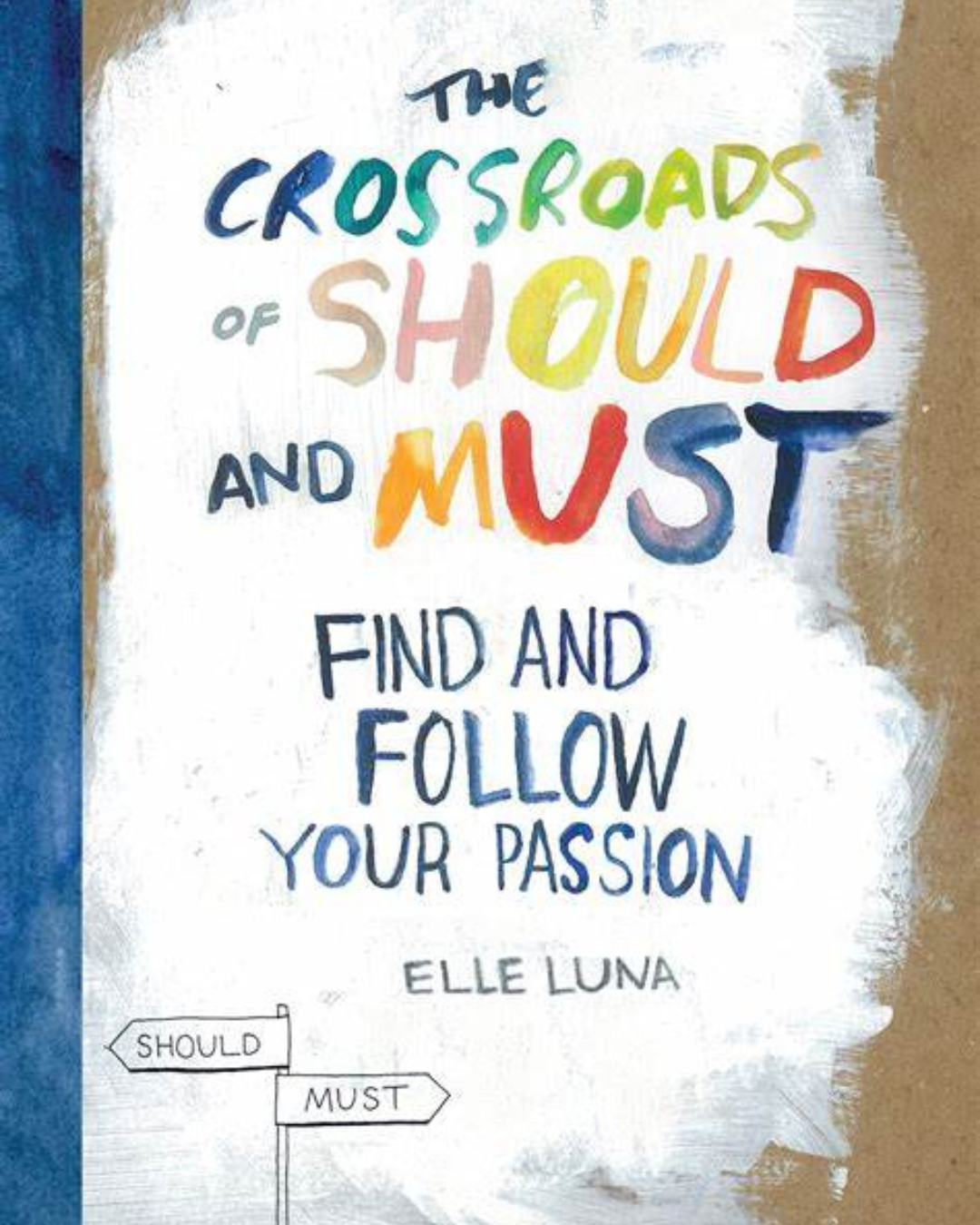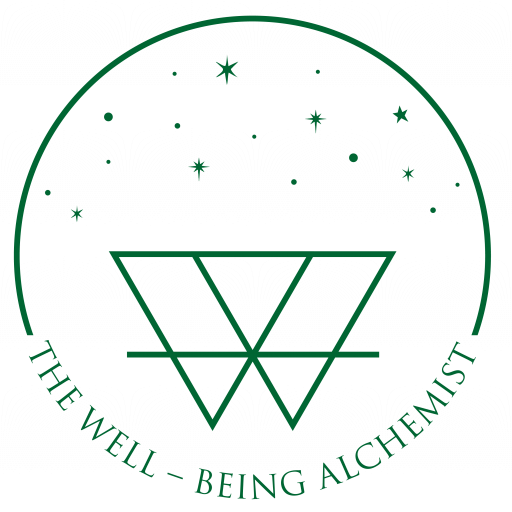
If you’ve ever worked with me you’ll know that once we’re past the initial chemistry conversation, you’re highly likely to hear me question your ‘shoulds’.
It is not uncommon for people to be “shoulding” themselves all over the place.
Are you one of them? Let’s take a deeper look.
Internal dialogue vs monologue
While dialogue means real exchange of ideas between two or more points of view (I-positions), monologue refers to one-sided communications (whether to oneself or to another person) in which an answer is not expected.
Your internal dialogue and monologue (this is your self-talk), is what takes place within an individual’s mind. This self-reflective process can be both beneficial and detrimental, depending on the nature of the topic – and often we don’t recognise let alone externally verbalise these conversations.
What do you catch yourself saying to yourself?
Some of it will be pretty conscious, but of course, a lot of this self-talk is subconscious so we have to dig a bit deeper.
To get some insight into your self-talk, the first step is awareness.
“This self-reflective process can be both beneficial and detrimental, depending on the nature of the topic”

How to become aware of the voices in your head
Don’t worry, you’re not going loopy! Most of us have one or more voices in our heads.
Navigating self-talk can be challenging but here’s a few ways you can begin to tune in:
Mindfulness – the art of paying attention to the present moment without judgement.
Take some time each day to sit quietly and observe your thoughts without getting caught up in them. Simply notice the thoughts as they come and go, like clouds passing in the sky.
Start a journal where you can jot down your thoughts and feelings throughout the day.
This practice can help you identify recurring patterns in your self-talk and gain insights into your thought processes.


Incorporate meditation into your daily routine to calm the mind and create space for self-reflection.
Meditation can help you become more aware of your thoughts and emotions, allowing you to recognise and detach from unhelpful self-talk.
Pay attention to how your self-talk affects your emotions.
Notice when negative or limiting thoughts arise and how they make you feel. Understanding the emotional impact of your self-talk can motivate you to change unhelpful patterns.
Challenge your ‘shoulds’!
Whenever you catch yourself using the word ‘should’ in your self-talk, pause and question it. Ask yourself why you feel that way and whether it’s based on rational thinking or societal expectations. Consider whether the ‘should’ is helping or hindering your growth and well-being.
“Don’t worry, you’re not going loopy! Most of us have one or more voices in our heads.”

Tools of the trade
In coaching we have an abundance of tools to help you identify where the self-talk is coming from. I’ve covered a few below, but this is by no means exhaustive.
Values elicitation certainly can help. This is a process where we identify and understand our core values which drive our thoughts, behaviours, and decisions. For example, I have a very strong Honesty value so in my mind the truth should always be spoken; I have learnt to tame this as I’ve got older, just be aware if you ask my opinion as I will speak my truth in my personal life.
Also our Drivers – a great tool to provide insight into what we do externally but identifying our internal processes.


For example if our dominant Driver is ‘Be Perfect’ then essentially some very black and white thinking can come into play as every task, person, or even statement can be classed mentally as ‘good or bad’.
Delving into one’s Drivers is hugely useful when it comes to combating ‘shoulding’.
And, we all know a People Pleaser.
Such traits though are not inherently bad or good, they have strengths and weaknesses, but insights help us understand ourselves so we can play to our strengths or adjust how we want to operate.
I am merely summarising a few factors here, in a coaching session we would explore this much more. As you can tell, these tools are in-depth and powerful and the insight gained is a game-changer!
“Delving into one’s Drivers is hugely useful when it comes to combating ‘shoulding’.”

Challenging the ‘should’
Aside from challenging the internal ‘shoulds’ – you will also get challenged if you ‘should’ me personally too. Actually a ‘you need to’ also falls in the same category for me. Yuk.
They are like a red rag to a bull; I will be polite and you may be right. You could be presenting me with something I would benefit from. But the ‘should’ is presumptuous and I’ve worked hard to adjust my self-talk – you may well be able to relate to this too. It’s like a defence mechanism, and one worth becoming aware of.
I invite you to consider your words, there is power in them, particularly when talking to a child and certainly when talking to yourself.

“‘Should’ is presumptuous and I’ve worked hard to adjust my self talk.”

I ‘should’ mention…
See what I did there!?
My personal journey with the ‘shoulds’ – oh yes I was a ‘should’a’ kinda girl and that was a monologue that rang in my ears for many years.
My Drivers I identified a long time ago and I let them drive me a bit too far! When I got Chronic Fatigue Syndrome I was fortunate enough to work with a super Psychologist – the Strengths and the Perfect Drivers are very common for those who contract CFS.
Giving myself permission to feel the feels before moving on were absolutely key to my recovery.
This is what really sparked my interest in the Mind/Body ‘connection’. Why the inverted commas on ‘Connection’…………frankly there is no connection, it is fully integrated!
Holistic.
The sooner we realise this, then the sooner we are on our well-being path.
“Giving myself permission to feel the feels before moving on were absolutely key to my recovery.”

What’s next?
I read a super book that had been recommended to me. The Crossroads of Should and Must by Elle Luna. It was a quick and easy read and made absolute sense.
There are many lovely nuggets in there but this is my fave:
“When you examine the ‘shoulds’ of your life, you are consciously choosing to get to know your prison – the expectations from other people’s agendas, the belief systems you inhabit but don’t truly embrace,, and all the things you agree to without realising it. Shining a light on your list of Should may involve facing some of your deepest fears, and finding support is wise.”
I would encourage anyone struggling with ‘shoulding’ themselves to read it.
And working with a coach who understands the holistic integrated approach to oneself is transformational.
If you’re on the path to self-actualisation, or you’re just getting started identifying your limiting beliefs or any aspect you feel is holding you back from fulfilment, please get in touch.
I offer a Curiosity Call free of charge – are you ready to take the next step on your journey?

And so, for now, I’ll leave you with this…
“It’s your life, but only if you make it so. The standards by which you live must be your own standards, your own values, your own convictions in regard to what is right and wrong, what is true and false, what is important and what is trivial.”
Eleanor Roosevelt

